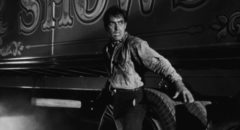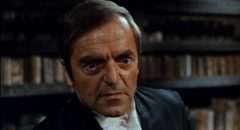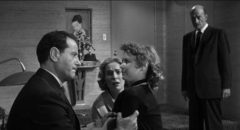
Director Bill Duke uses a mixture of film noir and blaxploitation tropes to explore the political complexities of being Black in the U.S. in Deep Cover (1992), his neon-tinted crime drama about an undercover cop (Laurence Fishburne) infiltrating the West Coast cocaine trade, now released in an extras-loaded 4K restoration by Criterion.








